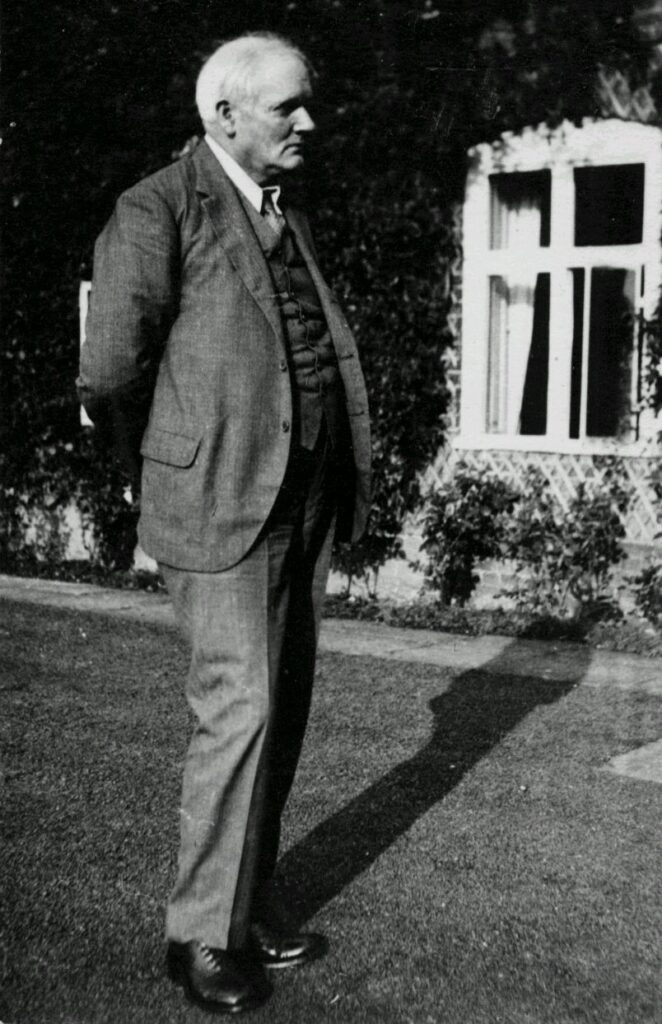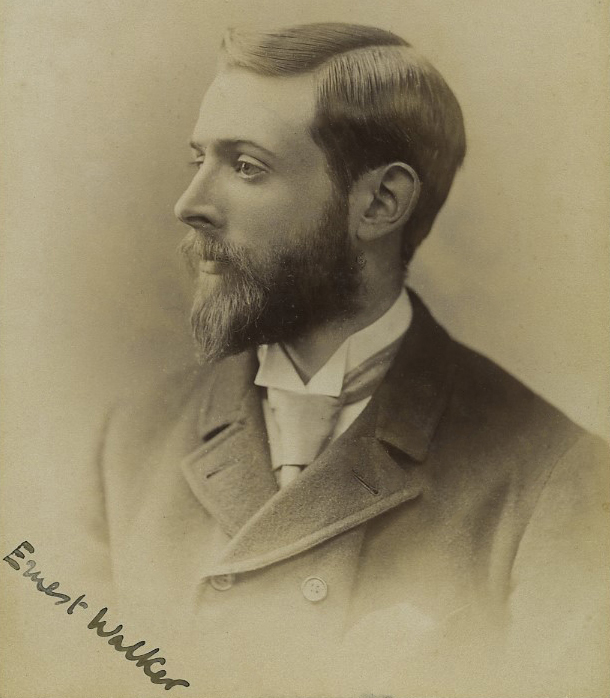Music has played a foremost role in the life of Balliol College, Oxford for the past two centuries. Benjamin Jowett, one of the most well-known Masters of the College, invited John Farmer, music master of Harrow School, to become Director of Music at Balliol; and in 1885 Farmer created a series of concerts on alternate Sunday evenings, which are still held today in an almost unchanged fashion. Both Jowett and Farmer shared the firm belief that music should be for the many rather than the few; this idea remains the essence of the Sunday Concerts.
Balliol’s Sunday Concerts were the first secular Sunday concerts in England. The first concert took place on 18th October 1885, and it was suceeded by a series of small-scale concerts consisting mainly of short pieces of single movements from longer works. The concerts were attended by undergraduate students and often distinguished guests, including Robert Browning, Lord Coleridge or T. H. Huxley. In the 1890s Farmer handed over control of the concerts to Ernest Walker. Thanks to Walker’s and Donald Tovey’s dedication, the Concerts entered a most remarkable period.

Ernest Walker and Donald Tovey were both musically gifted young men who found at Oxford and, in particular, Balliol, an arena where to grow musically and translate their talent into musical activities of a high calibre. In 1896, Joseph Joachim, who had given recitals with Tovey when he was only 12 years old -playing Tovey’s own compositions-, played at one of the Sunday Concerts, accompanied by both Walker and Tovey. This concert is still remembered as one of the most remarkable in the history of the Society.
Ernest Walker became Organist and Director of Music in the 1900s, and defined the character of the Balliol Concerts. Between 1900 and 1915 no fewer than 375 composers were represented at the Concerts, which saw many renowned musicians, including Fanny Davies or the Adolf Busch Quartet. Walker resigned in 1925, and it was said that his influence had “travelled the world over”. Different Musical Directors consolidated the Musical Society in the following years. In the late 1920s and 1930s concerts were given by some of the world’s most famous pianists, including Solomon, Rubinstein or Medtner. The 1000th concert of the Society was given in 1937. The Concerts continued without interruption throughout the Second World War, and the records say that the Hall was usually full. In the 1950s and 1960s the concerts continued to be as excellent as ever, although the audiences became smaller as musical activity in Oxford increased. In 1961 Claudio Arrau presented a monumental programme of Liszt and Schumann, and in 1963, as part of the College’s 700th Anniversary celebrations, Yehudi and Hephzibah Menuhin played music by Mozart, Brahms and Beethoven. The current music practice room dates from the 1970s, a period in which the Society tried to encourage the playing of music at College. It was also then that the Balliol Teatime Concerts were born, which provided a venue for players from College and the rest of the University. The Teatime Concerts became very popular in the following years, but disappeared at the end of the 20th century. In more recent times the Society has tried again to become the centre of music-making at College, and as a result in 2014 twenty-two musicians contributed to the Members’ Concert in Hilary Term, and the Master’s Drawing Room afternoon recitals were inaugurated. The history of the Society is too rich in fascinating details to be fairly summarised here. Today it is largely thanks to generous endowments that finance some of the Concerts every year, as well as the contributions from other benefactors, that the Concerts are kept at the same high standard as when they were born, over 100 years ago.

